Clemson University’s Creative Inquiry + Undergraduate Research program (CI) has named its first ever class of faculty fellows, who will assist the CI office to enhance and grow the program in each of their colleges.
The fellows will examine how and where CI is used within the curricula and how CI enhances the student experience, contributes to faculty research productivity, and contributes to service to the state in each of their colleges. They will meet with administrators and faculty in their respective colleges to collect this information and develop a college-specific plan to recruit more faculty to serve as CI mentors.
Meet the inaugural class of CI Faculty Fellows:
Joshua Catalano, assistant professor of history and public history program coordinator, College of Arts and Humanities — Catalano is a historian of the United States and a practitioner of both digital and public history. Before coming to Clemson, he worked as a research assistant at the Roy Rosenzweig Center for History and New Media where he served as managing editor of Digital Humanities Now. Catalano’s research focuses on the role of symbolism and language in the process of settler colonialism. He serves as mentor for several CI projects, including the veterans oral history project and a project to research the history of the Clemson Honors College. Catalano earned a B.A. in history from Saint Vincent College, an M.A. in American culture studies from Bowling Green State University and a Ph.D. in history from George Mason University.
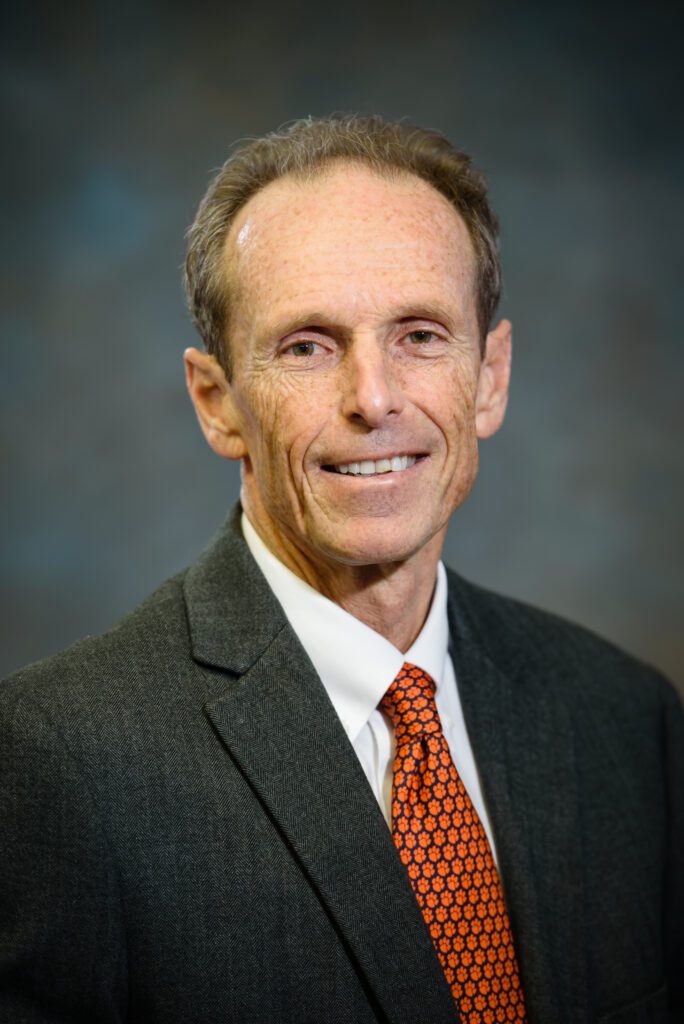
Paul Dawson, professor and graduate coordinator in food, nutrition and packaging sciences, College of Agriculture, Forestry and Life Sciences — Dawson teaches undergraduate and graduate courses covering food chemistry, food rheology and food safety. He serves on the Scientific Advisory Council of the World Food Logistics Organization and has authored or coauthored 154 refereed scientific publications, 18 technical book chapters and 189 scientific abstracts. He has mentored many CI projects related to food safety over the years and published a book (“Did You Just Eat That”) with W.W. Norton based on some of these CI projects. These projects with other research have led to over 250 interviews in the popular media including appearances on National Public Radio, CNN, Headlines News, MSNBC, Canadian Broadcasting Company, Fox News Channel and CBS Radio News. Dawson earned his bachelor’s in physical education from Salisbury University, a master’s in poultry science from the University of Florida and a Ph.D. and post-doctorate in food science from North Carolina State University.
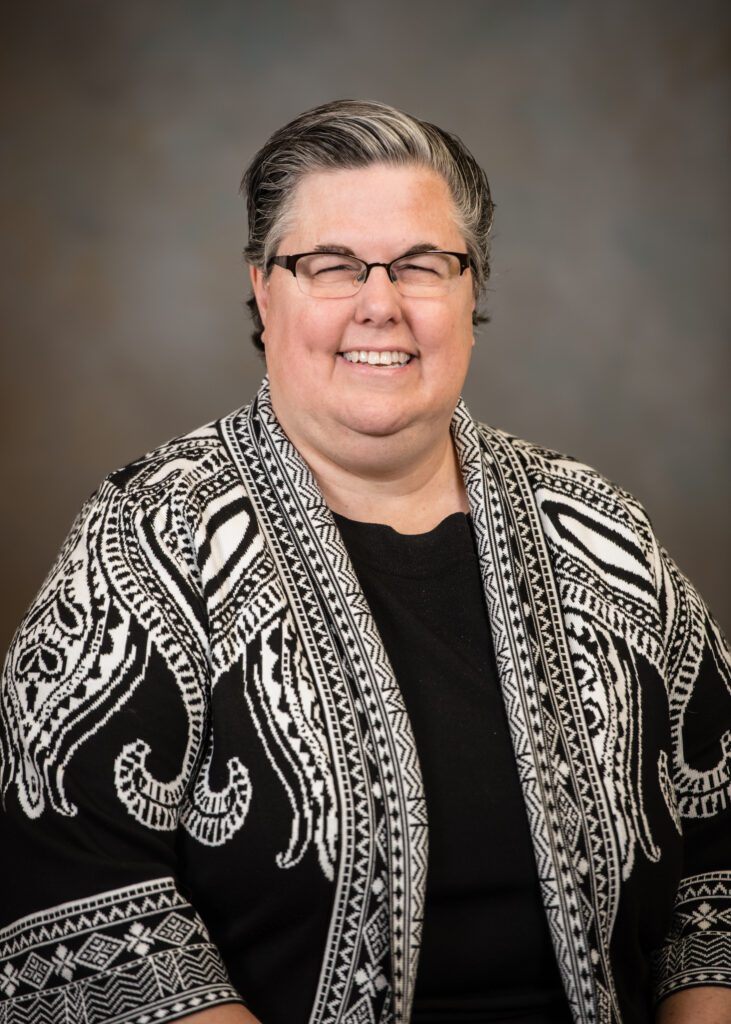
Karen High, professor of engineering and science education, College of Engineering, Computing and Applied Science — High’s main engineering education research activities include enhancing mathematics, communication skills, critical thinking and creativity in engineering students and STEM Faculty Development. She focuses much of her research and professional work on mentoring of undergraduates, graduate students, postdocs and faculty. She serves as mentor for a CI project focused on applying qualitative research methods to STEM education research. High earned a B.S. in chemical engineering from the University of Michigan and a master’s and Ph.D. in chemical engineering from Pennsylvania State University.
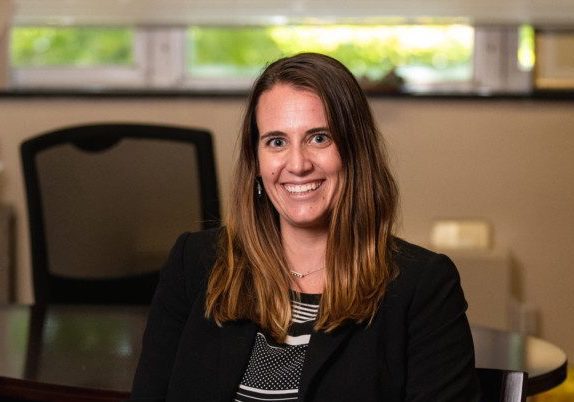
Jessica Larsen, the Carol and John Cromer ’63 Family Endowed Associate Professor of Chemical and Biomolecular Engineering, College of Engineering, Computing and Applied Science — Larsen’s research combines polymer science, biomaterials, nanotechnology and drug delivery to solve problems associated with the central and peripheral nervous systems. She leads several CI project teams, including projects that use zebrafish as models to test treatments for Parkinson’s Disease, develop nanoparticles for improved brain tumor imaging, and use murine models of nerve injury to deliver nerve regenerative treatments. In her work with CI, Larsen was the recipient of the 2020 Phil and Mary Bradley Faculty Award. Larsen earned a B.S. in chemical engineering from the University of Virginia and a Ph.D. in chemical engineering from Auburn University.
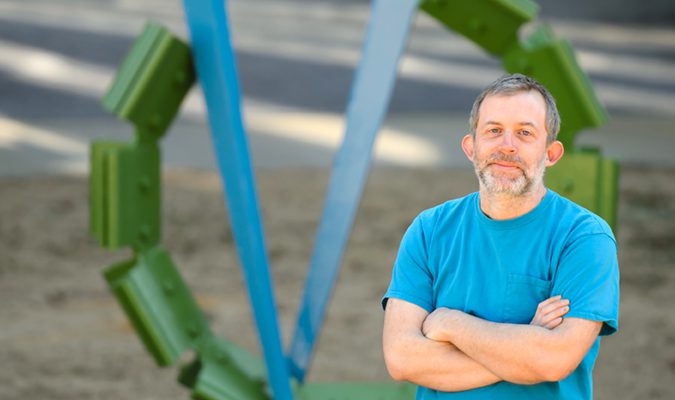
Joey Manson, College of Architecture, Art and Construction — Manson is a sculptor with a strong interest in public and outdoor Art. He earned an MFA from Alfred University in 1996 and joined the faculty at the Department of Art at Clemson University in 2002 after spending several years living and working in New York City. His studio work focuses on utilizing industrial materials to depict our surroundings, abstracting the technological and natural environments we inhabit. Studio facilities for design and fabrication are located on a farm near Clemson, mixing art, agriculture, and forestry together into a unique combination. He is a CI mentor for a project that implements public art on the Clemson campus each year, as well as a project looking at the art of mathematics.
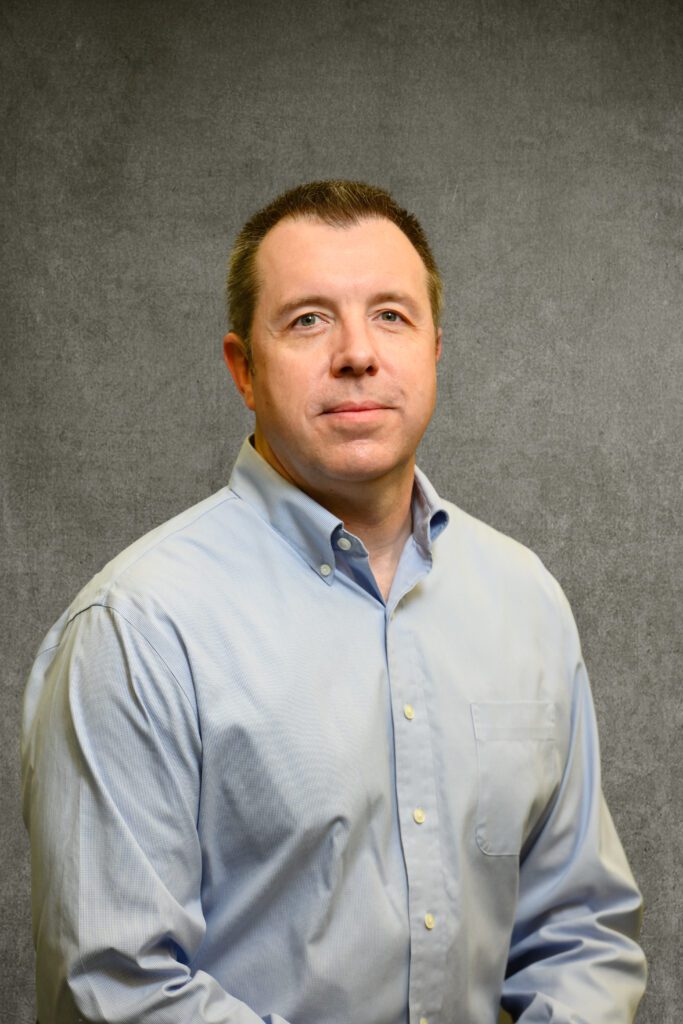
Michael Sehorn, associate professor of genetics and biochemistry, College of Science — Sehorn is a member of both the Center for Optical Materials Science and Engineering Technologies (COMSET) and the Eukaryotic Pathogens Innovation Center (EPIC). His research focuses on homologous recombination and the role of key proteins in the repair of DNA double-strand breaks.He mentors two CI project teams conducting research in this area. Sehorn earned a bachelor’s in biology from New Mexico Tech and a Ph.D. in biochemistry and molecular biology from Louisiana State University Health Science Center in Shreveport.
About Creative Inquiry + Undergraduate Research
Creative Inquiry + Undergraduate Research combines experiential learning, multi-disciplinary interactions and team-based research. Since it began in 2005, more than 72,000 students from every major have participated in Creative Inquiry projects.
Today, approximately 2,500 students participate in Creative Inquiry each semester, exploring a wide range of topics. Projects typically last for multiple semesters, allowing students and faculty to dive deeper as they tackle tough questions and search for solutions to life’s challenges.
Get in touch and we will connect you with the author or another expert.
Or email us at news@clemson.edu
Credit: Source link




